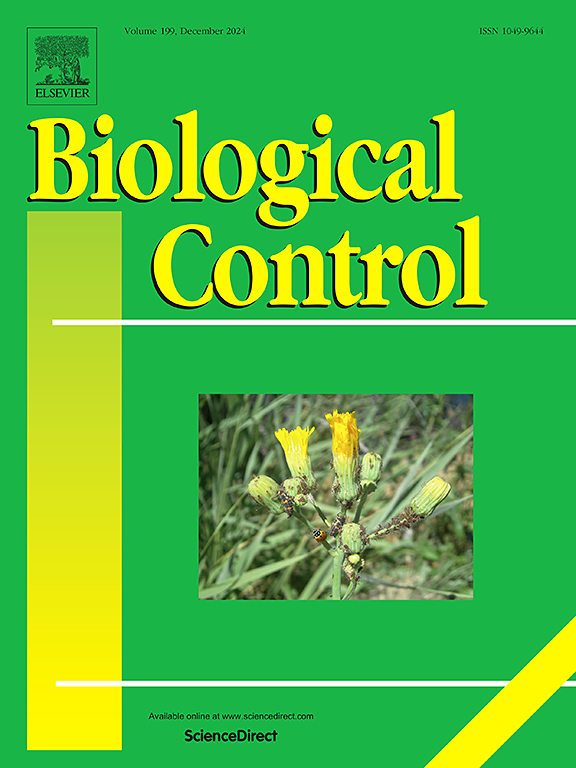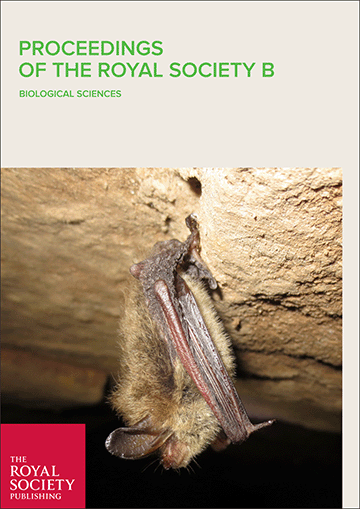Viewing resource management essentially through a biophysical lens has provided too restricted a perspective for understanding complex political processes surrounding forest management. The case of community forestry in Nepal demonstrates a range of experiences of complex political processes, including conflicts and collaboration, especially between technical forest officials and local forest dependent people. Despite innovative legislative and institutional frameworks already in place, community forestry in Nepal still experiences the effects of techno-bureaucratic control. Such control is manifested in the entire range of processes related to planning, management, and monitoring of forestry activities. To understand this situation, we apply the conceptual lens of deliberative governance, that is, governance whose arrangements have been devised from both scientific and local knowledge. This chapter provides practical examples to offer insights into the application of deliberative governance in forestry practices. We identify how different aspects of managerialist, techno-bureaucratic domination (legitimated by principles of positivist science) are deliberatively challenged by local people, civil society activists, and action researchers to improve governance practices. We also identify situations and deliberative processes through which forest managers themselves begin to realize the limits of an antideliberative scientific approach, and apply more reflexive and deliberative approaches to knowledge and decision-making in forest management. In doing so, we eschew taking an absolute position for or against indigenous knowledge or scientific enterprise, but seek to demonstrate that neither technocratic prescription nor reliance on local knowledge alone is adequate for sustainable management of forests. What is needed, as Fischer (1998) argues, is a deliberative engagement between the claims to knowledge by both scientists and citizens. In our experience, this deliberative process provided a foundation for less constrained dialogue, greater collaboration, and mutual learning in the direction of more evidence-based decision-making. This approach is however not free from challenges related to power and techno-bureaucratic control.
DOI:
https://doi.org/10.1007/978-90-481-8826-0_8
Pontuação Altmetric:
Dimensões Contagem de citações:



















